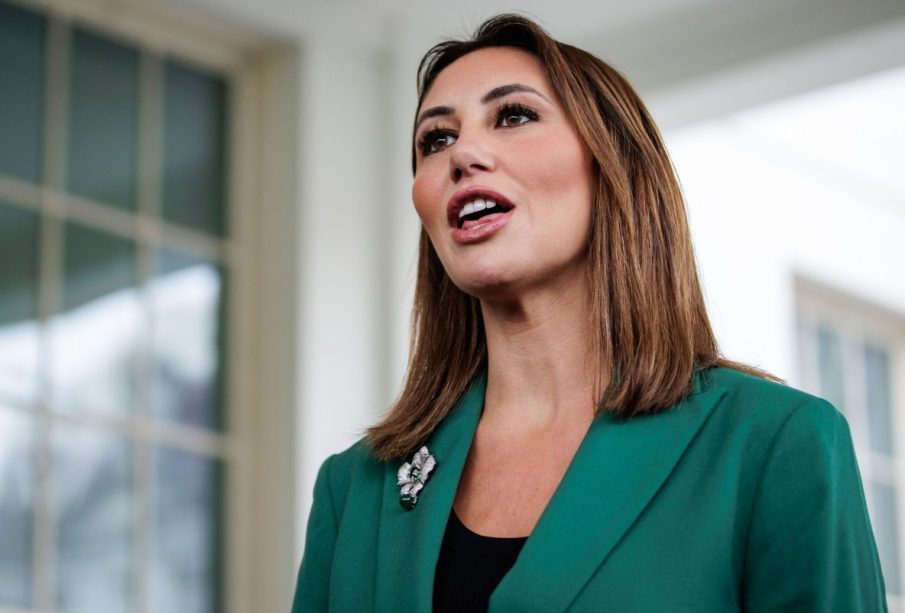The Rise of Alina Habba in the Legal World

Introduction
Alina Habba is swiftly becoming a notable name in the legal profession, recognised for her vigorous representation of high-profile clients, including former President Donald Trump. As legal battles escalate over various issues, Habba’s role has gained considerable attention. Her recent involvement in significant legal cases has underscored her capabilities as a lawyer and has propelled her into the spotlight, making her a figure worth following in the entertainment and legal sectors.
Career Overview
Alina Habba graduated from Seton Hall University School of Law in 2011. Following her admission to the New Jersey Bar, she began her career by working with various prestigious law firms before stepping into her own spotlight. Habba joined the legal team for Donald Trump in 2021, significantly raising her profile in the legal community.
Recent Developments
Habba is currently embroiled in several significant high-profile cases. Notably, she is representing Trump in various civil disputes, which include cases related to financial transactions and issues surrounding the January 6 Capitol riot. Recently, media reports have circulated regarding her strategic approach to these cases. Habba has positioned herself as a fierce advocate for her clients, utilising her extensive legal knowledge and experience to navigate complex legal landscapes.
In addition to her work with Trump, Habba’s firm, Habba Madaio & Associates, has taken on a multitude of cases across different sectors, showcasing her versatility and commitment to her client base. Her involvement in a range of cases has led to broader discussions regarding legal ethics and the role of defence attorneys in contentious litigation.
Public Perception and Future Implications
Alina Habba’s visibility in the media has sparked varied responses from the public. Supporters laud her as a skilled attorney committed to her clients’ causes, while critics debate the implications of representing high-profile individuals embroiled in controversy. Nevertheless, it is clear that Habba’s career trajectory is poised for continued growth, and she will likely remain a prominent figure in legal discussions in the coming years.
Conclusion
Alina Habba is not just a lawyer; she embodies the complexities and challenges of modern law. As her career unfolds, it is anticipated that she will continue to shape the legal landscape, particularly in high-stakes cases that draw public interest. For legal professionals and followers of high-profile litigation, following Habba’s work will provide valuable insights into legal practices at the intersection of law and politics.









